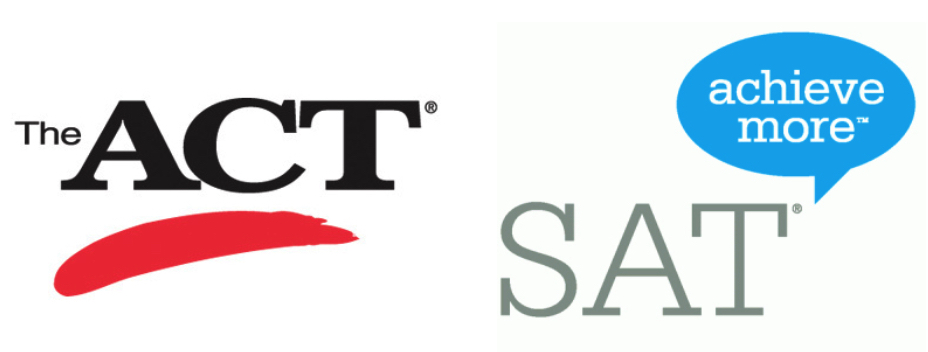I had the pleasure of visiting Denison University during their finals week in December of 2021. My tour guide was a wonderful young lady named Daisy who showed me around campus and answered my endless questions about the University and the students there. Based on my conversations with Daisy and the information session prior to my tour, I feel that students who are high achieving go-getters looking for a tight community would be very comfortable at Denison.
Academics:
Denison splits its academic requirements into thirds. One third of a student’s classes will be in liberal arts instruction. One third will be in their major. The final third are electives. This allows Denison’s students to create highly personalized curriculum. Each student takes a different path to graduation and can focus on what interests them the most. This is part of Denison’s commitment to focus on the individual student, not the aggregate. Students are encouraged to take control of their education and focus as much on experiential learning as on book work.
Campus and Community:
The campus has a strong community. All of the students live on campus for four years, making Denison quite close knit. The campus is nestled in the small town of Granville, Ohio, so students who want to escape the hustle and bustle of cities and suburbs will find it to be a pleasant retreat. Granville is only 30 minutes from downtown Columbus, and students are allowed to have cars on campus all four years, so should a student want to leave campus for food, shopping, or entertainment, they absolutely can. Mostly, though, the campus and Granville are self-contained, which strengthens the community feeling.
In addition, Granville encourages students to find mentorship and promotes diversity. Most students on campus find a mentor in their time at Denison and participate in international experiences. These both bolster the in-class education received at Denison and contribute to the community feel.
The campus itself is very beautiful. Located on “the hill” the University owns far more land than it could ever use: somewhere in the area of 850 acres. A small portion of the campus holds the buildings and sports fields that I toured and that around 3,000 students call home. The rest is a nature preserve with walking paths and scientific research stations. Given that the campus is on a hill, students will get lots of exercise walking up and down the copious hilly sidewalks and abundant staircases that connect all the buildings.
Applying:
Those students interested in Denison will want to make sure their application is in tip top shape. Denison only accepts around thirty percent of students who apply. The school is test optional and only about half of the students who are accepted submit test scores. The average ACT score of those students is around 30. Once accepted, the university does meet 100% of demonstrated financial need for their students, meaning Denison can be an affordable option. Applying students should get in touch with the financial aid office to discuss the particulars of their situation.
-Michal Strawn
College Consultant
